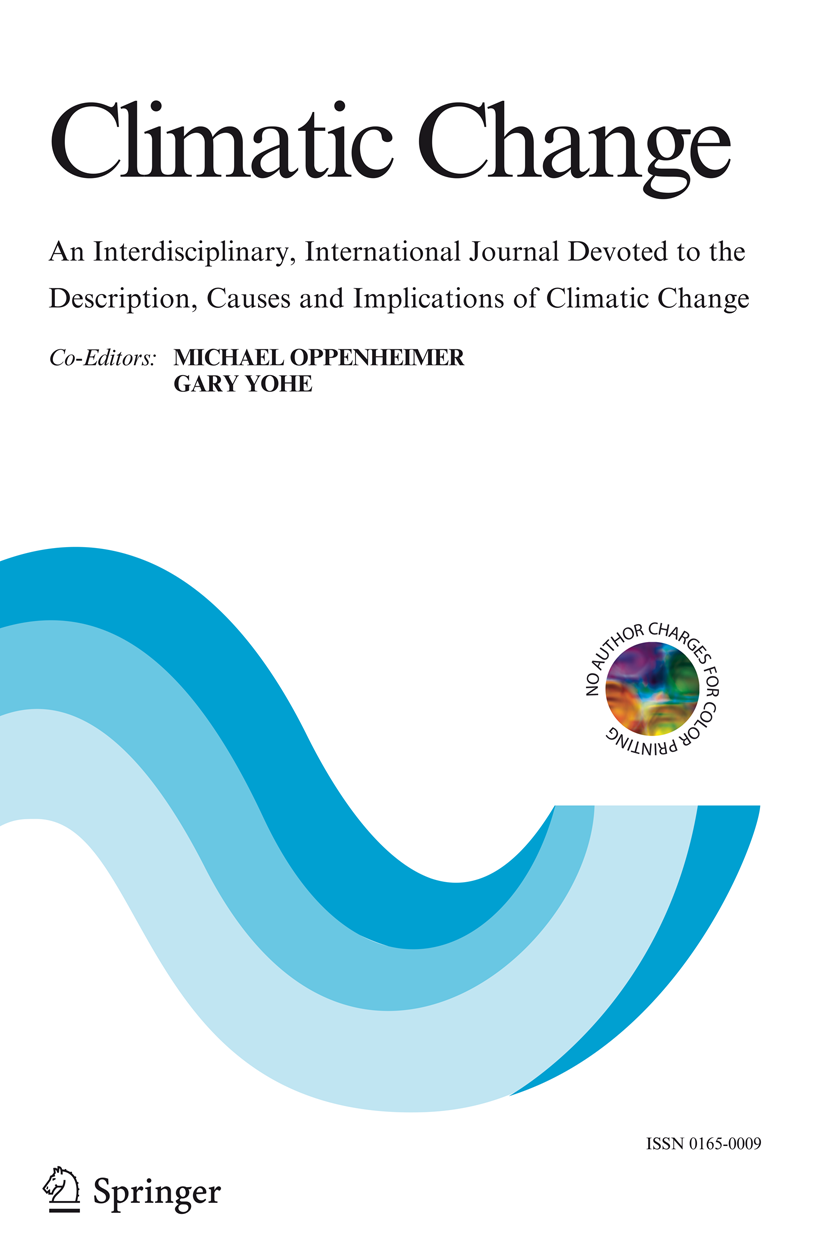Voting right does not equal voting against climate action; yet, it is often interpreted and used in that way.
Published in Social Sciences, Earth & Environment, and Behavioural Sciences & Psychology
Where climate action is more needed than ever, politicians who want to reduce climate action are being elected, with Trump being the most recent example. Consequently, it is often assumed that people care very little about climate change.
Together with Linda Steg and Tom Dietz, I argue in an essay for Climatic Change that this assumption goes too far and is dangerous. Indeed, most people - including those who vote right - do think climate and climate action are important. Many people are (deeply) concerned about climate change, and calls for climate policy, especially by governments, are loud and widespread.
Votes for the “new right” are mostly based on views on issues other than climate, such as (financial) security and migration, fueled by much media attention to these. These issues are often more tangible, immediate and dominate the social debate right now. Moreover, people have more concrete ideas about how to address these issues, while what is needed to address climate change remains unclear to many.
Thus, a right-wing vote cannot and should not be construed or used as a vote against climate policy. But this unfortunately does happen.
Climate skeptic politicians argue that election results show that climate policies should be toned down, and other politicians become more cautious in their climate policies fearing to otherwise lose votes. The media, public and businesses also often interpret these votes this way, which demotivates them from taking climate action. After all: does it make sense if no one else acts?
However, especially now it makes sense to take climate action and express your support for it. Only in this way does the broad support for climate action become visible, are circumstances created that make climate action easier and more straightforward, and is the false claim that the public wants less climate policy contradicted.
---
So is it that simple? Of course not always. Specific climate measures sometimes have negative effects on things that are also considered important. This can lead to resistance to the measure, especially if certain groups are or appear to be disproportionately disadvantaged by the measure (e.g. farmers' protests, yellow vest movement). Such concerns should be taken seriously, costs and benefits should be shared fairly and transparently, and additional policies are needed to compensate those disproportionately affected. When these conditions are met, willingness to cooperate usually grows.
It is also important to note here that the resistance is often on the specific measure and not on climate policy in a broad sense. Thus, these protests do not legitimize the weakening of climate policy. Moreover, many climate policies have benefits for other issues besides climate change mitigation, including those issues important to many right-wing voters. However, these are often insufficiently highlighted. When these are brought more to the forefront, climate policy is easier to initiate and implement, and less prone to resistance.
Follow the Topic
-
Climatic Change

This journal is dedicated to the totality of the problem of climatic variability and change - its descriptions, causes, implications and interactions among these.
Ask the Editor – Collective decision-making
Got a question for the editor about Experimental Psychology and Social Psychology? Ask it here!
Continue reading announcement


Please sign in or register for FREE
If you are a registered user on Research Communities by Springer Nature, please sign in